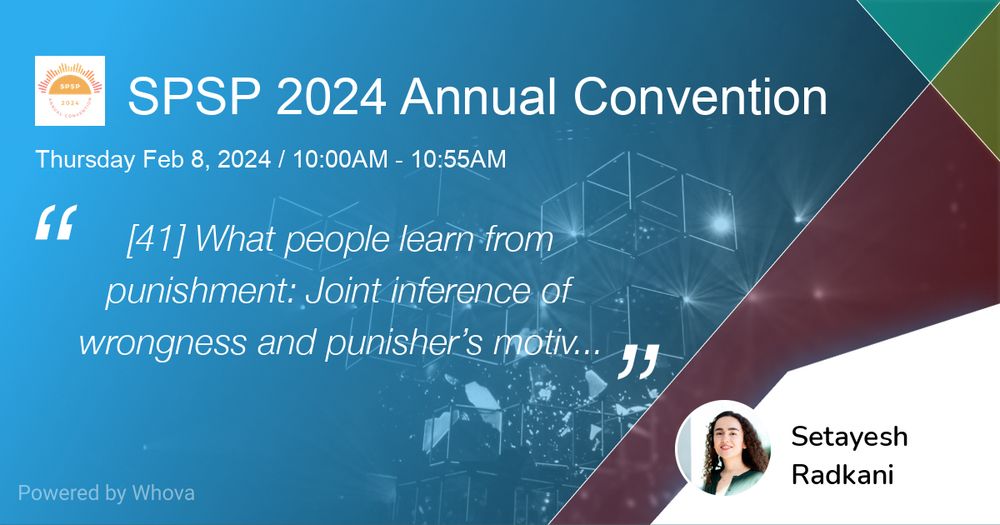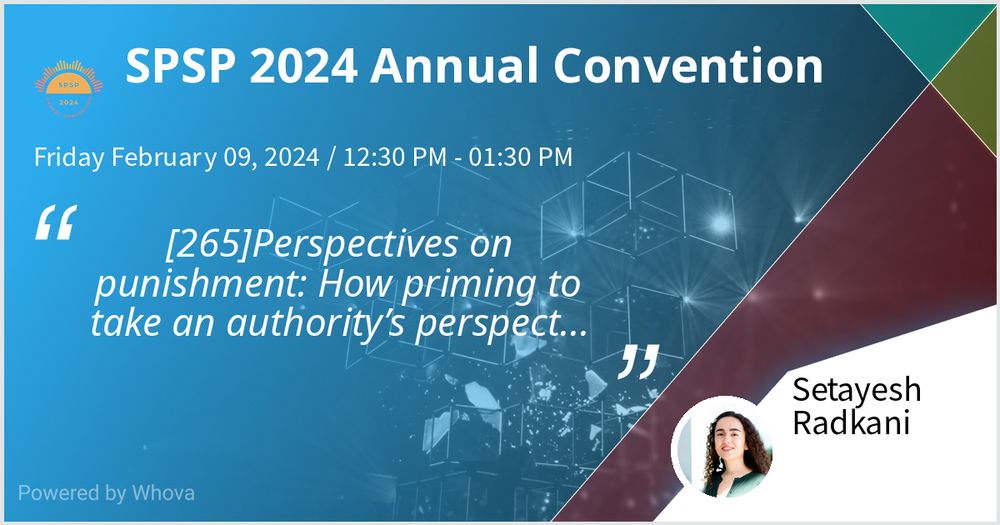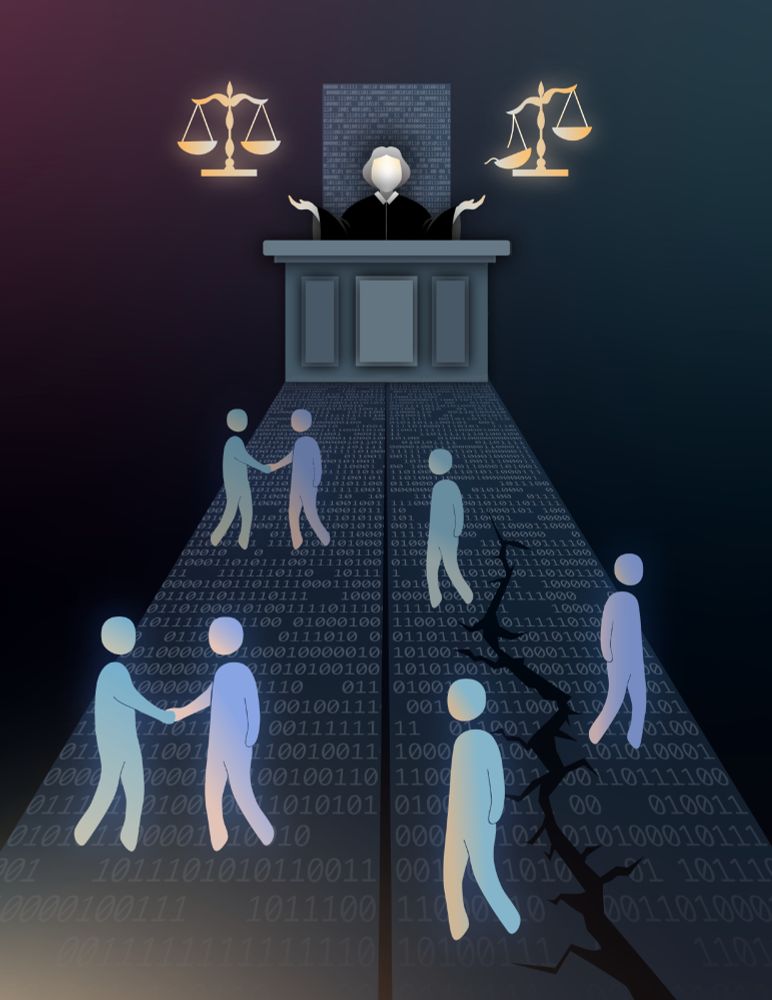
9/N
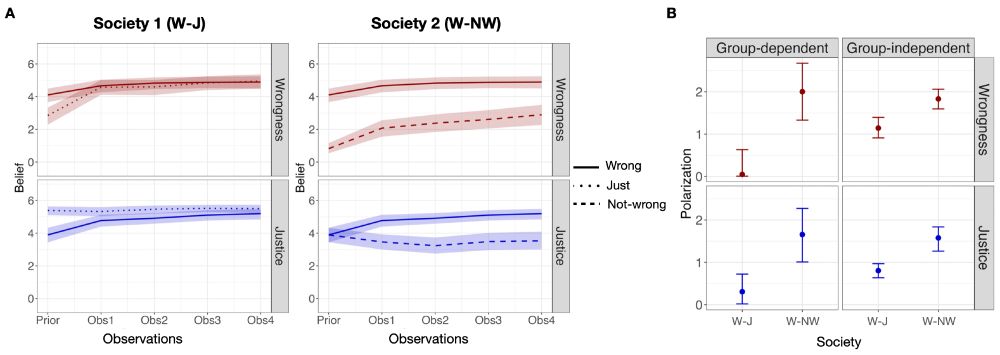
9/N
8/N
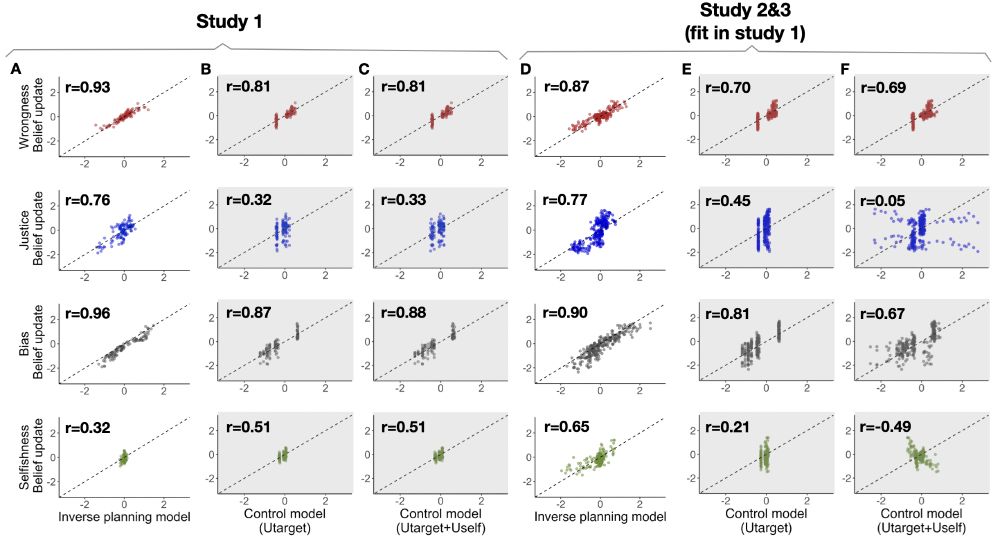
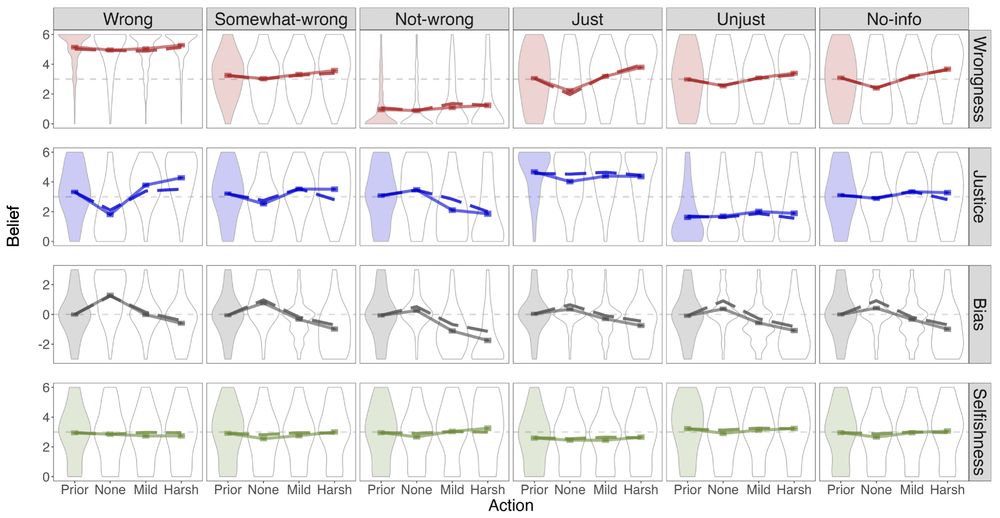
8/N
7/N
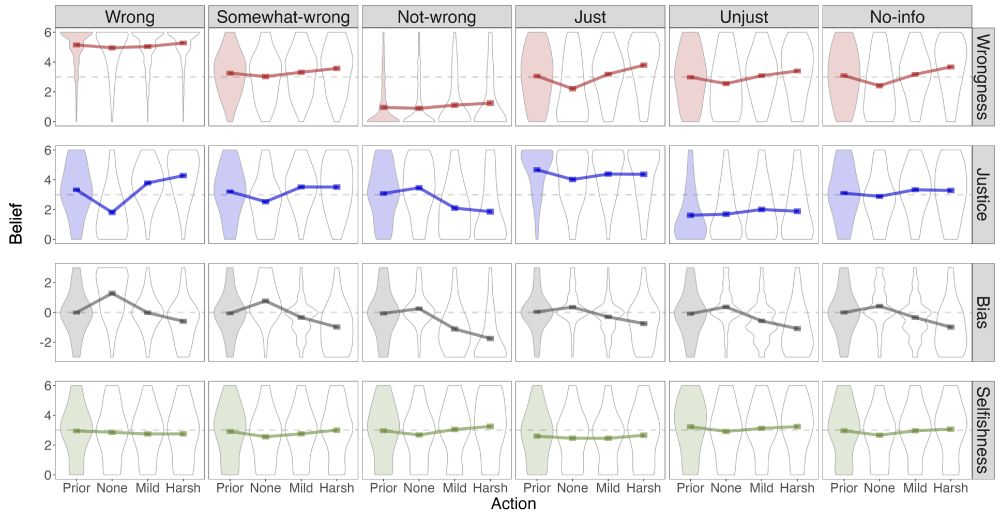
7/N
5/N
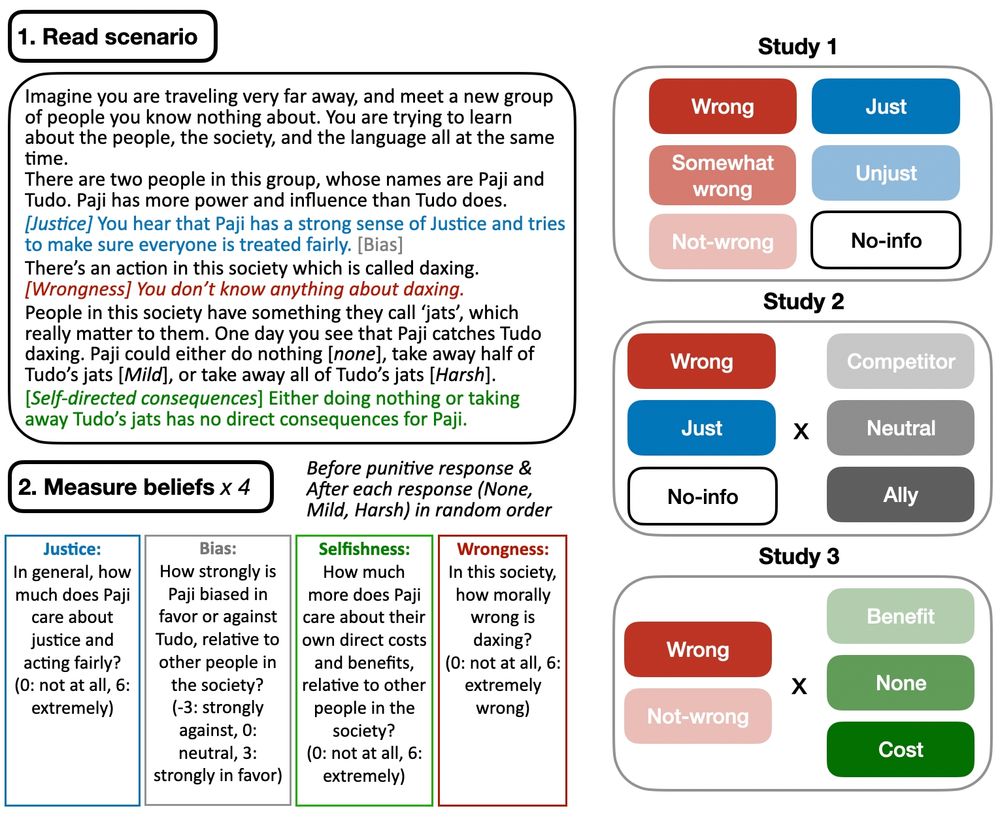
5/N
4/N
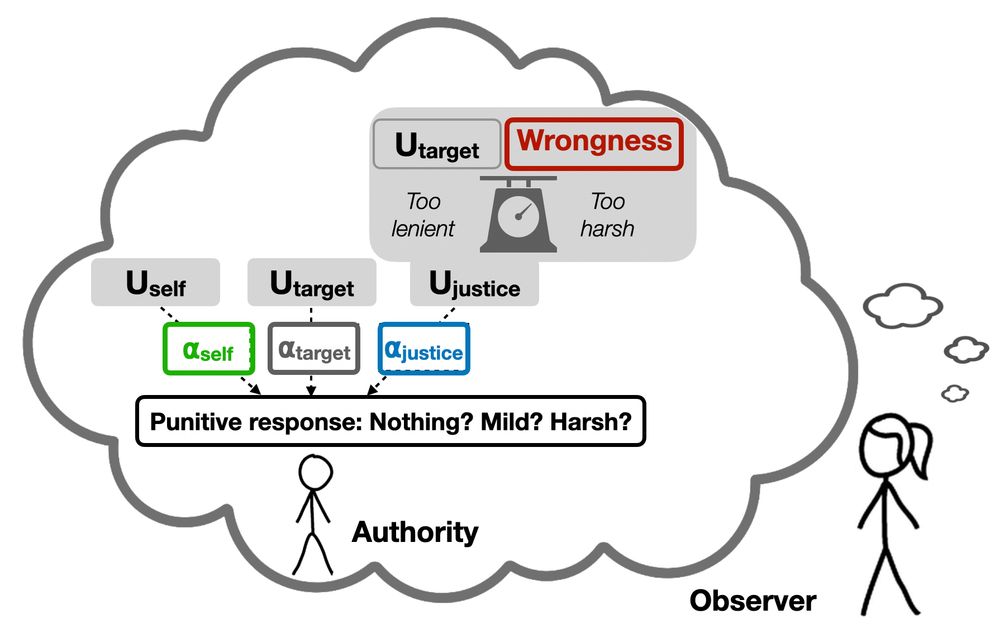
4/N
Consistent with other work in political science, authorities seen as biased can still be effective debunkers – if they are seen as biased *in favor* of the perspective they are debunking, although this depends on the uncertainty of beliefs
9/N
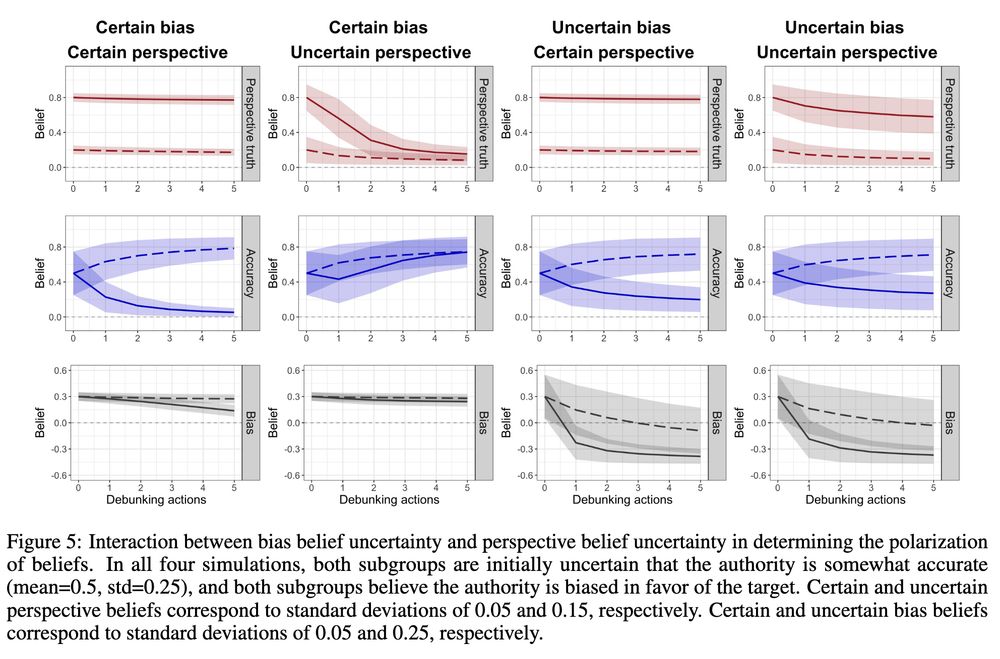
Consistent with other work in political science, authorities seen as biased can still be effective debunkers – if they are seen as biased *in favor* of the perspective they are debunking, although this depends on the uncertainty of beliefs
9/N
1) The groups' beliefs about the perspective remain polarized
2) The groups' initially shared beliefs about the authority additionally diverge!
8/N
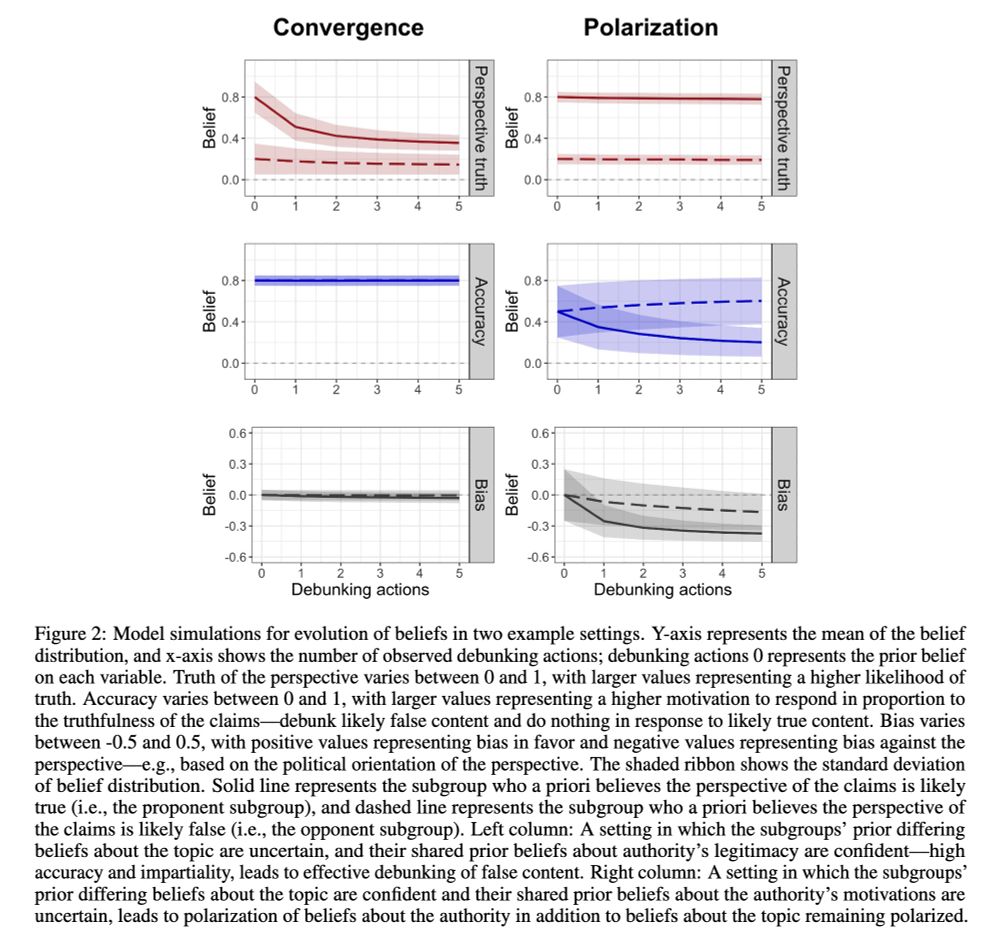
1) The groups' beliefs about the perspective remain polarized
2) The groups' initially shared beliefs about the authority additionally diverge!
8/N
6/N
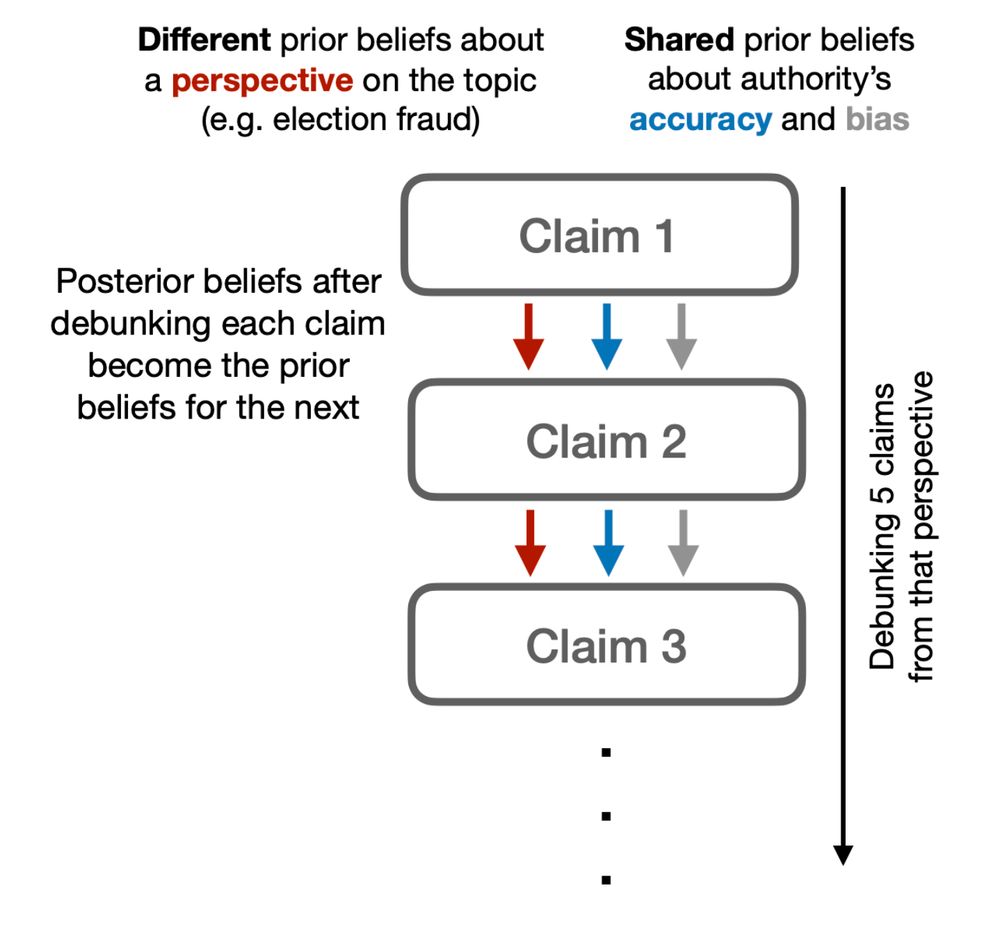
6/N
3/N
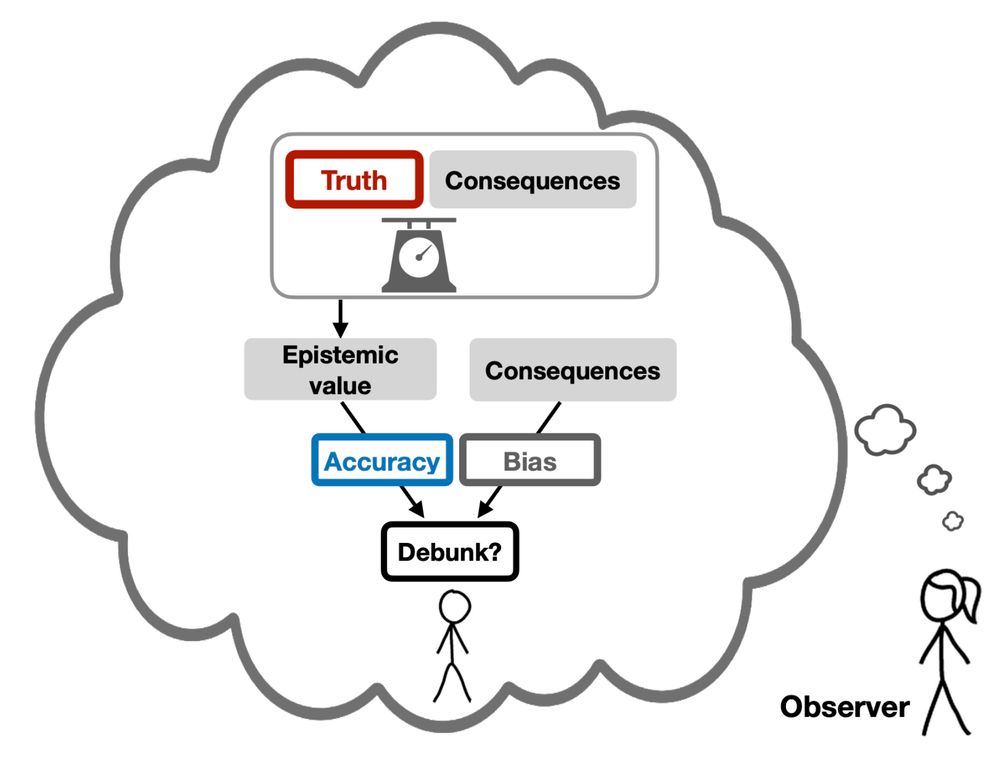
3/N


